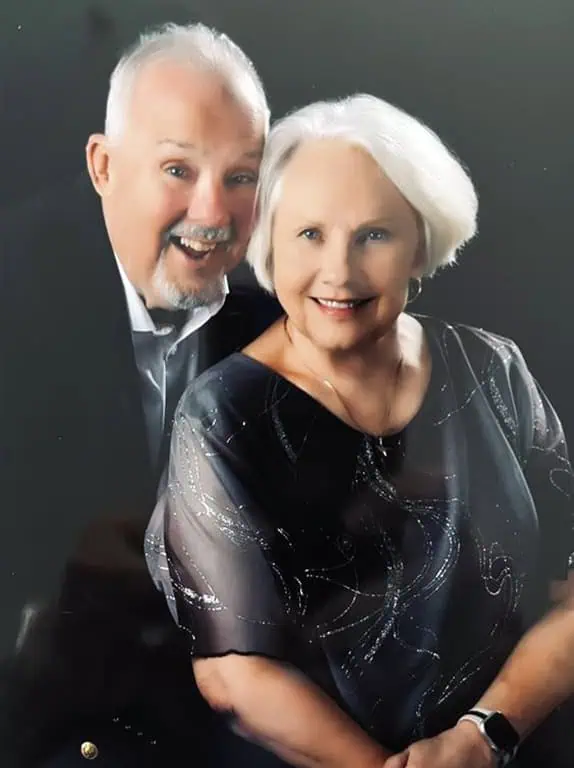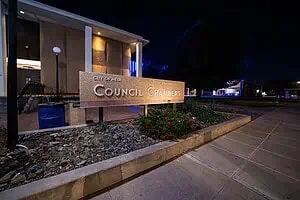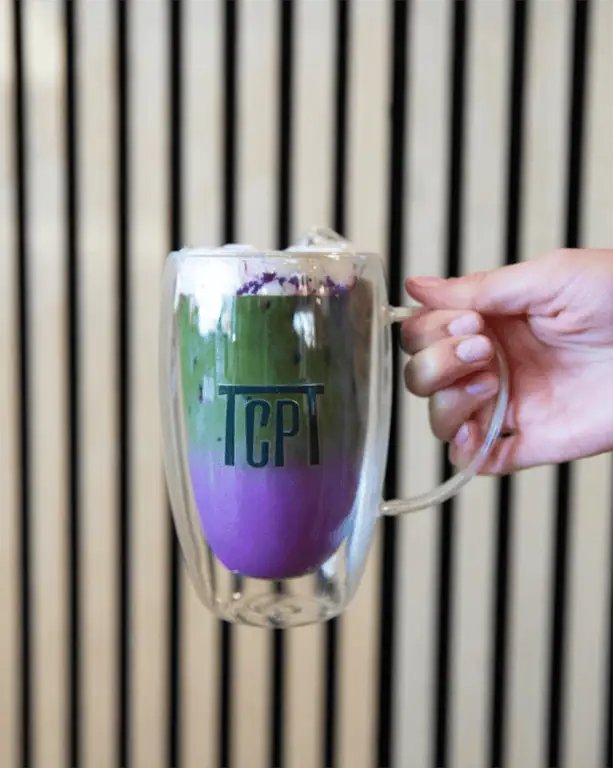
Staff Reports | Community Updates
A new study at Banner Sun Health Research Institute is offering hope to individuals living with Lewy body dementia, a condition affecting more than 1 million Americans.
Banner specialists combine research and patient care to treat dementia with Lewy bodies (DLB), which is often misdiagnosed due to symptoms that resemble both Alzheimer’s and Parkinson’s disease, according to a press release.
Their expertise in identifying subtle differences between dementia types allows patients to access targeted clinical trials while receiving specialist support, the release states.
Sun City residents James Courtright and his longtime partner, Susan Ross, have experienced firsthand the impact of this research. About four years ago, Mr. Courtright began struggling with daily tasks and was unable to form complete sentences. Ross recalled spending 18 months searching for answers.
“I knew something was wrong, and the problem was that we had no warning signs this was coming,” said Ms. Ross. “But once we met with Dr. David Shprecher, our world changed. He knew that James had dementia with Lewy bodies.”
“Patients living with Lewy body dementia can be tough to diagnose, which means there is a delay in finding effective treatments,” said Dr. Shprecher, senior movement disorders director at Banner Sun Health Research Institute. “Our team’s expertise not only helps diagnose patients but also provides access to the latest treatment options through clinical research. James is now volunteering in a new expanded access program for treatment.”
Zervimesine, an oral medication, showed promise in slowing the progression of DLB symptoms during a phase 2 clinical trial. An anonymous donation has made it possible to offer the medication through an expanded access program — a pathway for patients to receive investigational treatments when no other options are available. Banner Sun Health Research Institute is the first site globally to begin enrolling patients.
Mr. Courtright was eligible and among the first to enroll nationally. He will continue in the program for the next 12 months, helping researchers collect long-term data on the medication’s safety and efficacy.
“For years, Susan would order for me at restaurants because I couldn’t put sentences together,” said Mr. Courtright. “Now, I can order on my own. I make complete sentences, my speech is different, and my actions are different. It’s amazing.”
Ms. Ross added, “In the mornings he would stand there and forget what to do. Now he gets out of bed and knows exactly what he needs to do. Our lives are absolutely more enriched.”
Mr. Courtright said he has personal reasons for participating.
“I have two adult children, and their mother passed away with Alzheimer’s,” he said. “My family also has a history of Parkinson’s. I’m doing this for them, and for my grandkids. I know if I do, I’ll have hope that we’ll have answers—not a cure, but a way to slow down the effects of the disease.”



























